A Journey Through Time: The Fascinating History of Whisky.
- 2022-04-07 05:00:00
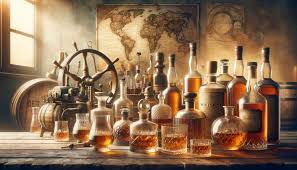
Whisky, with its complex flavors and rich heritage, has captured the hearts and palates of people around the world for centuries. From its humble beginnings in ancient civilizations to its global prominence today, the story of whisky is a testament to the ingenuity, craftsmanship, and cultural significance of this beloved spirit. Join us as we embark on a journey through time to explore the fascinating history of whisky and its enduring legacy.
- Ancient Origins: The origins of whisky can be traced back to ancient civilizations, where fermented grain beverages were produced and enjoyed for their intoxicating effects and medicinal properties. Ancient Mesopotamians, Egyptians, and Greeks are believed to have distilled various grains and botanicals to create early forms of spirits similar to whisky. The art of distillation spread throughout the Mediterranean and Middle East, eventually reaching Ireland and Scotland.
- Early Distillation in Ireland and Scotland: Ireland and Scotland are recognized as the birthplaces of modern whisky production, with evidence of distillation dating back over a thousand years. Monks in medieval monasteries are credited with introducing the distillation process to these regions, using primitive pot stills to produce a crude spirit known as "uisge beatha" or "water of life" in Gaelic. Over time, Irish and Scottish distillers refined their techniques, experimenting with different grains, aging methods, and distillation practices to create smoother and more refined whiskies.
- The Development of Scotch Whisky: In Scotland, whisky production flourished, particularly in the Highlands and Lowlands regions, where abundant barley and pure spring water provided ideal conditions for distillation. The introduction of the continuous column still in the 19th century revolutionized the whisky industry, allowing for more efficient and consistent production of whisky on a larger scale. Scotch whisky, with its distinctive smoky flavors and regional variations, gained international acclaim and became synonymous with quality and craftsmanship.
- Irish Whiskey: In Ireland, whisky production also thrived, with Irish distillers pioneering their own unique styles and traditions. Irish whiskey, known for its smoothness and subtle sweetness, gained popularity both domestically and abroad, with Irish immigrants spreading their whiskey-making expertise to countries such as the United States and Canada. Despite challenges such as prohibition and economic hardship, Irish whiskey has experienced a resurgence in recent years, with new distilleries and innovative expressions revitalizing the industry.
- American Whiskey: In the United States, whiskey production has a storied history dating back to the colonial era, when Scottish and Irish immigrants brought their distilling traditions to the New World. American whiskey, including bourbon, rye, and Tennessee whiskey, developed its own distinct character and flavor profile, influenced by factors such as local grains, climate, and aging conditions. The passage of the Whiskey Rebellion and the growth of the Kentucky bourbon industry cemented whiskey's place in American culture, with bourbon becoming the quintessential American spirit.
- Global Expansion: In the 20th and 21st centuries, whisky production expanded beyond its traditional strongholds in Europe and North America to include countries around the world. Whisky-producing regions such as Japan, Canada, and Australia have gained recognition for their quality whiskies, winning prestigious awards and earning the respect of whisky connoisseurs worldwide. As global demand for whisky continues to grow, new distilleries are springing up in unexpected places, each contributing to the rich tapestry of whisky-making traditions.
- Innovation and Tradition: Today, the whisky industry is characterized by a dynamic interplay between innovation and tradition, with distillers embracing new techniques, ingredients, and aging methods while honoring the time-honored traditions of their craft. From small-batch craft distilleries to established heritage brands, whisky makers are pushing the boundaries of flavor and creativity, producing whiskies that appeal to a diverse range of palates and preferences.
- The Future of Whisky: As we look to the future, the outlook for whisky is bright and promising, with continued growth and innovation driving the industry forward. As consumers become more discerning and adventurous in their tastes, whisky makers are responding with a diverse array of expressions, limited editions, and experimental releases. With a renewed focus on sustainability, transparency, and craftsmanship, the whisky industry is poised to thrive for generations to come.
In conclusion, the history of whisky is a testament to the enduring appeal and cultural significance of this beloved spirit. From its ancient origins to its global prominence today, whisky has captured the imagination and taste buds of people around the world, uniting them in a shared appreciation for craftsmanship, tradition, and the simple pleasure of a well-made dram. As we raise our glasses to toast the past, present, and future of whisky, let us celebrate the timeless spirit of camaraderie, conviviality, and enjoyment that whisky brings to our lives. Cheers to the fascinating history of whisky and the adventures that lie ahead!
Richard Parker, California
-
Recent Posts
-
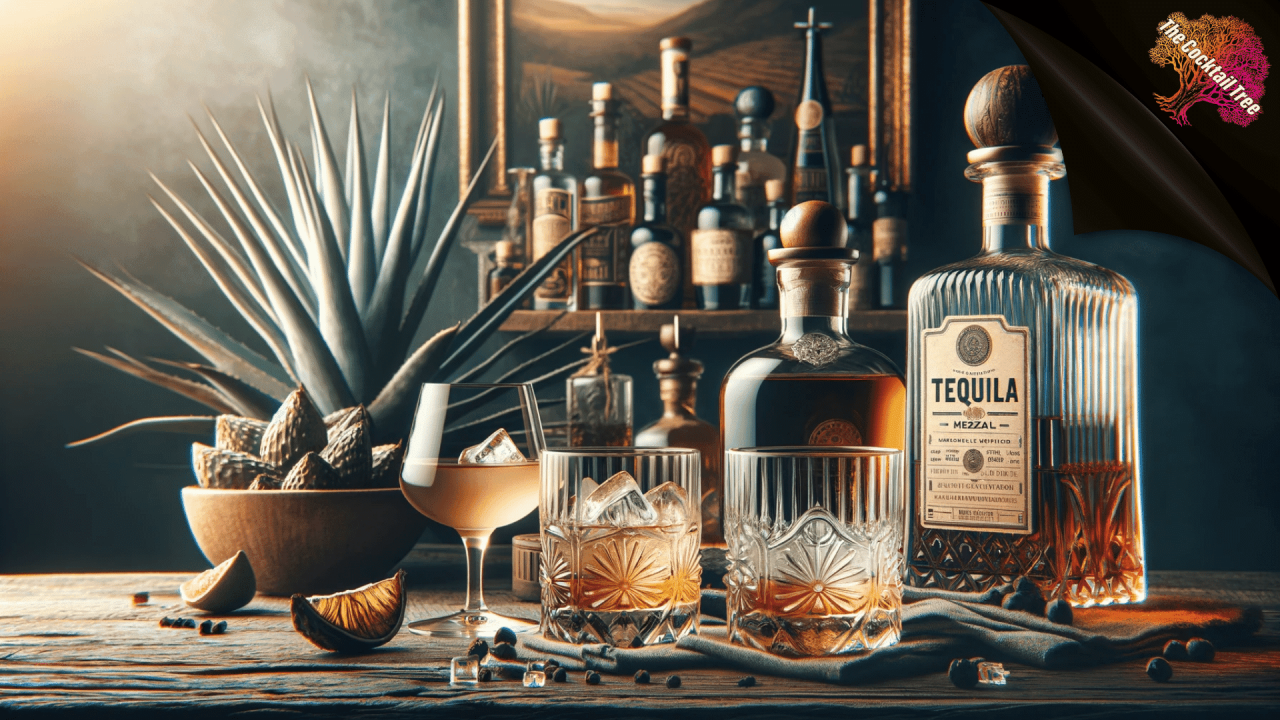
Tequila, the elixir of agave, transcends mere libation to become a symphony of science, art, and alchemy. Join us on an expedition through the intricate world of tequila, where molecules mingle, flavors...
-
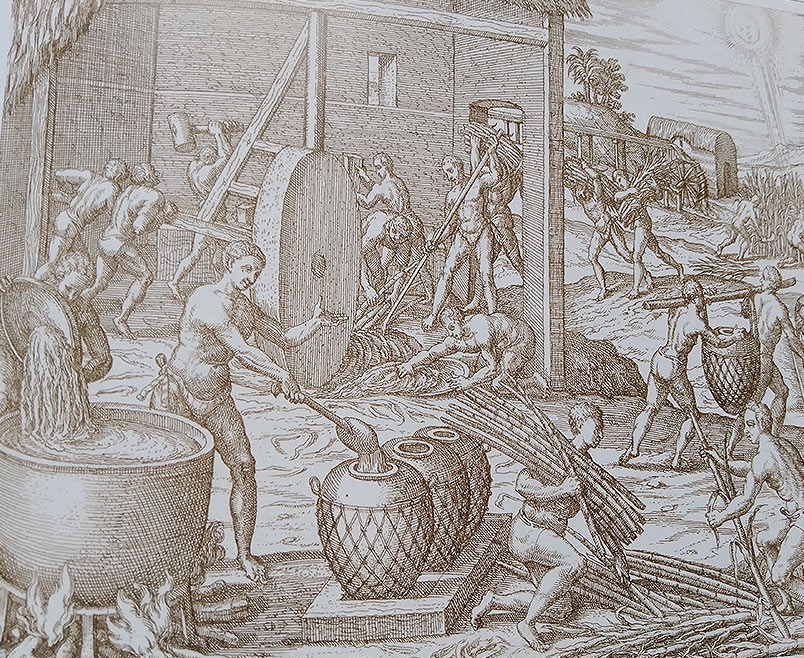
Rum, with its rich flavors and storied past, has woven itself into the tapestry of cultures and traditions around the world. From its origins in the sugarcane fields of the Caribbean to...
-
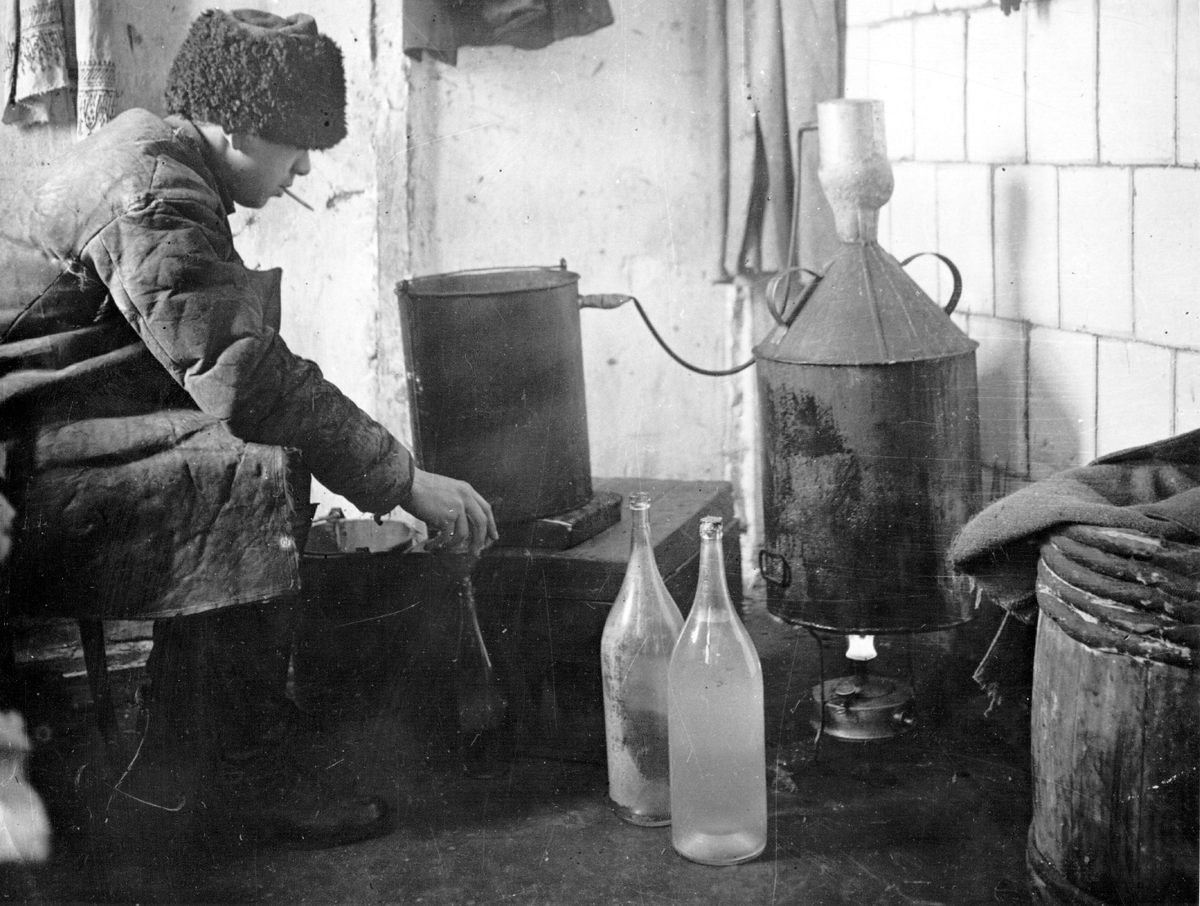
Vodka, with its clear, pure appearance and versatile nature, has a history as fascinating and diverse as the cultures that have embraced it. From its mysterious origins in Eastern Europe to its...
-

Whisky, with its complex flavors and rich heritage, has captured the hearts and palates of people around the world for centuries. From its humble beginnings in ancient civilizations to its global prominence...
-
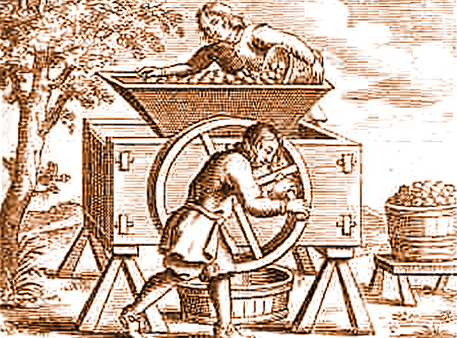
Cider, with its crisp and refreshing taste, has a history as rich and diverse as the apples from which it's made. From its ancient roots to its modern resurgence, cider has been...
-
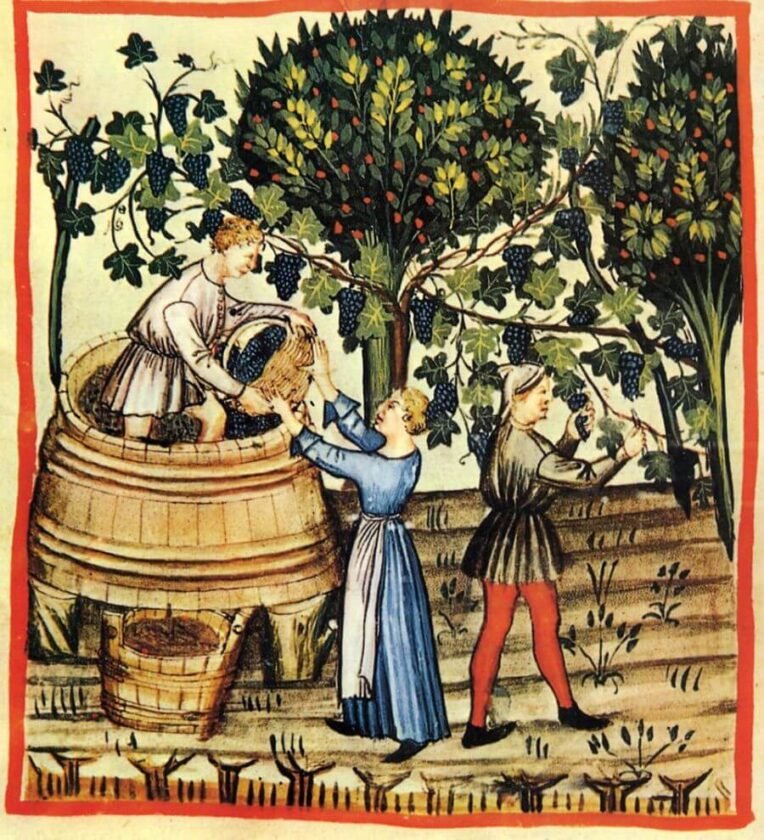
Wine, with its rich tapestry of flavors, aromas, and cultural significance, has been an integral part of human history for millennia. From its humble origins in ancient Mesopotamia to its global prominence...
-

Wine isn't just for drinking—it's also a versatile and inspiring medium for crafting and décor. Whether you're looking to add a touch of wine-inspired charm to your home or seeking unique gift...
-

There's no better way to explore the world of wine than by gathering friends and loved ones for a wine tasting party. Whether you're a seasoned oenophile or a curious novice, hosting...
-
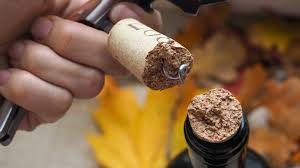
Wine, with its complexity and nuance, is a beverage cherished for its ability to delight the senses and evoke a myriad of flavors and aromas. However, like any agricultural product, wine is...
-

Selecting the right wine glass can significantly enhance your enjoyment and appreciation of wine, allowing you to fully experience its aromas, flavors, and nuances. With a wide array of shapes, sizes, and...
-
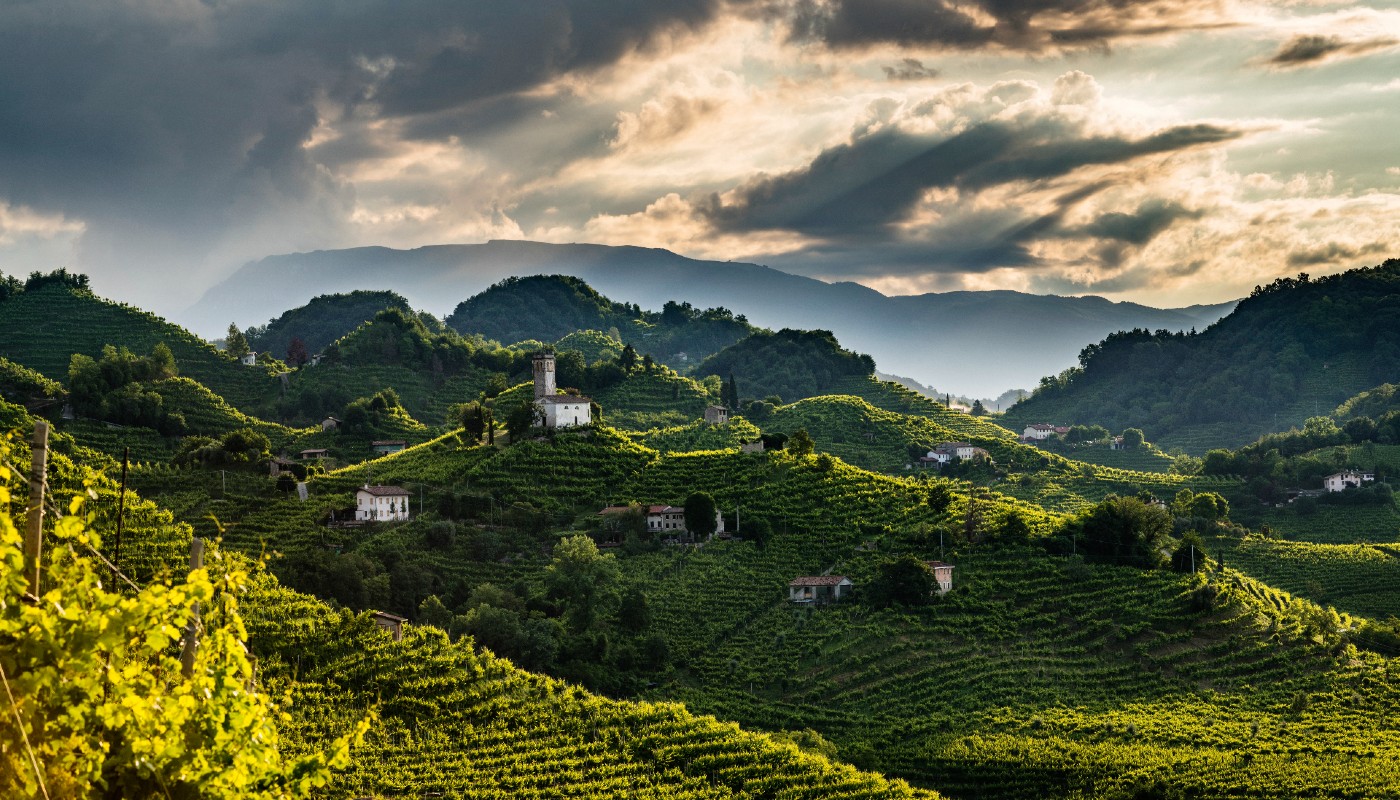
Nestled in the picturesque hills of the Veneto region in northeastern Italy lies the charming town of Conegliano, renowned as the birthplace of Prosecco and the epicenter of Italy's thriving sparkling wine...
-
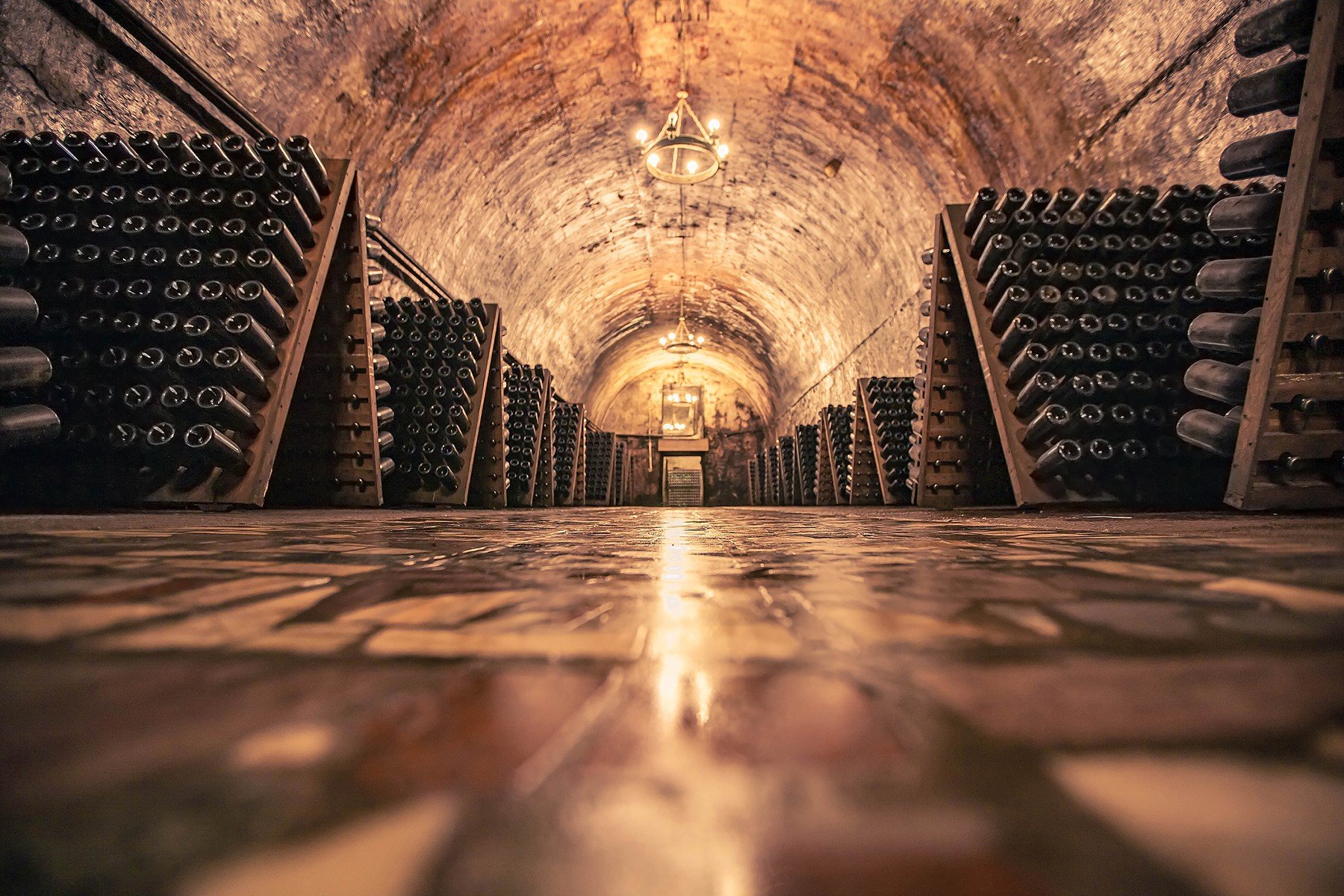
Champagne, the quintessential sparkling wine synonymous with celebration and luxury, is crafted through a meticulous and time-honored winemaking method known as the Méthode Champenoise. From grape to glass, the journey of Champagne...